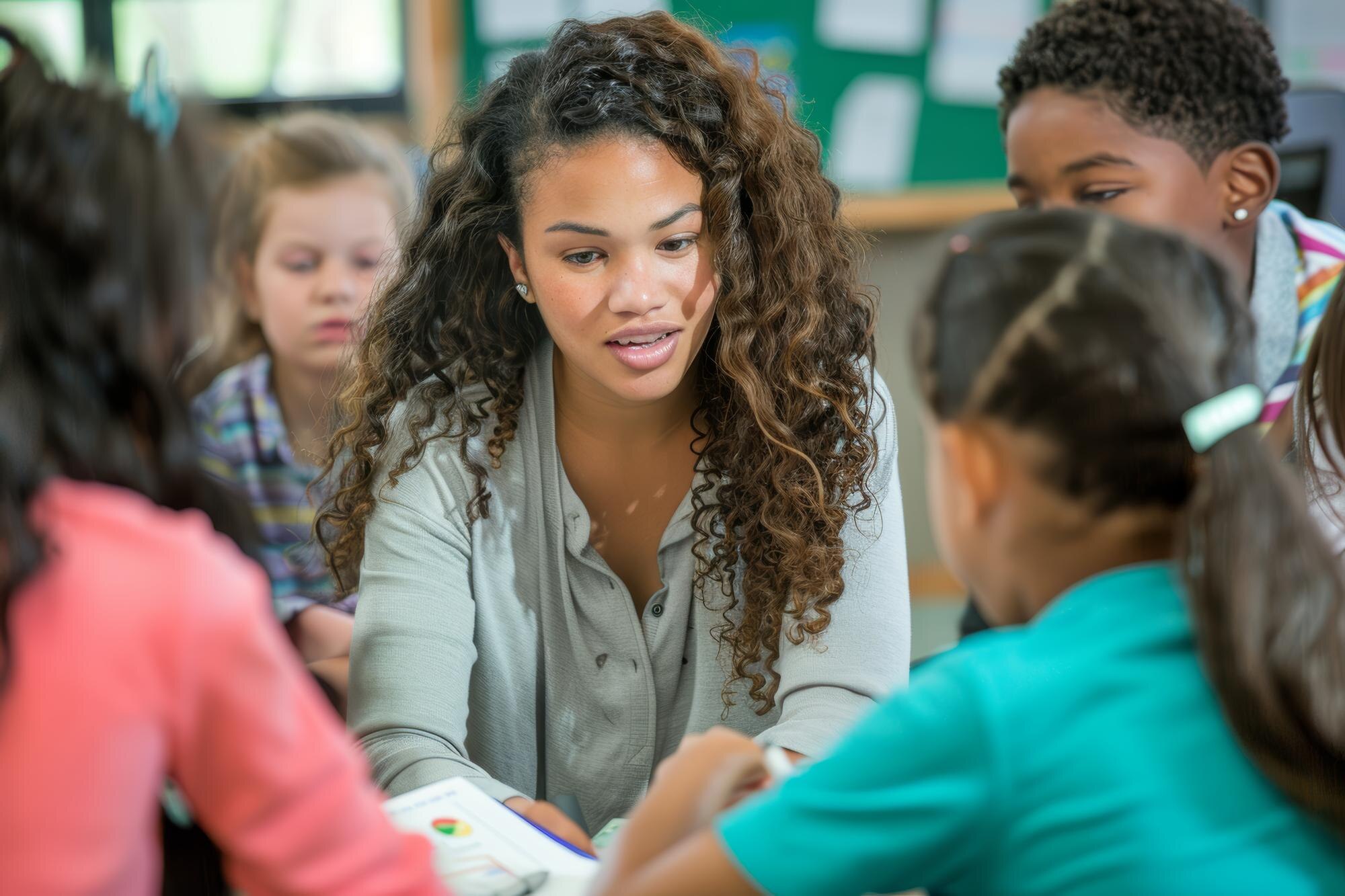
Empowering Brilliance: Top Strategies for Educators to Foster Resilience and Confidence in Gifted Students
Gifted students often face unique emotional hurdles that can leave them feeling isolated and overwhelmed. As educators, your role in nurturing their resilience and confidence is crucial. Imagine equipping these bright minds with the tools to thrive emotionally, not just academically. In this guide, you’ll discover practical strategies to support their emotional development, helping them navigate anxiety and perfectionism. Ready to empower your students and witness their transformation? Let’s dive into the heart of fostering strength and self-belief in gifted youth. For more insights, you can explore these strategies for parenting gifted children.
Building Emotional Resilience

Building emotional resilience in gifted students is essential for helping them navigate the unique challenges they face. Understanding their emotional needs and employing effective strategies can create a supportive environment for their growth.
Understanding Gifted Students’ Emotional Needs
Gifted students often experience emotions more intensely than their peers. High sensitivity to their environment can lead to feelings of isolation and anxiety. Acknowledging these emotional needs is the first step in fostering resilience. Understanding their heightened emotional responses provides a foundation for support and empathy.
Gifted students may struggle with perfectionism, fearing failure despite their capabilities. This fear can hinder their emotional and academic growth. Recognizing these fears helps educators address them effectively. Creating open dialogues about emotional challenges encourages students to express their feelings without judgment.
To gain more insight, explore articles like this one that delve into specific emotional needs. These resources offer detailed perspectives on understanding and supporting gifted students’ emotional development.
Strategies to Support Resilience
Supporting resilience in gifted students requires strategic efforts tailored to their unique needs. Here are some effective strategies:
Encourage Emotional Expression: Create safe spaces where students feel comfortable sharing their emotions.
Teach Mindfulness: Introduce mindfulness practices to help students manage stress and anxiety.
Promote Self-Compassion: Encourage students to treat themselves kindly, reducing the impact of their perfectionist tendencies.
Incorporating these strategies can significantly boost emotional resilience. Learn more about these approaches to foster resilience among gifted youth.
Educators can use case studies to see the impact of these strategies. Students who practiced mindfulness reported reduced anxiety and improved focus, showcasing the effectiveness of these interventions.
Enhancing Self-Confidence

Self-confidence is crucial for gifted students to thrive academically and emotionally. Creating a supportive environment and encouraging a growth mindset can significantly enhance their self-esteem.
Creating a Safe Learning Environment
A safe learning environment fosters self-confidence in gifted students. Inclusion and acceptance are key components that encourage students to take risks and learn from failures. When students feel accepted, they are more willing to participate and engage actively.
Providing opportunities for students to showcase their strengths boosts their confidence. Teachers can organize events or projects where students can lead and excel. This not only builds confidence but also fosters leadership skills.
A comprehensive guide can help educators create a nurturing environment that promotes self-confidence. Implementing these strategies can lead to significant improvements in students’ self-esteem and participation.
Encouraging Growth Mindset
Encouraging a growth mindset in gifted students allows them to see challenges as opportunities for development. Emphasizing effort over innate ability helps students understand that intelligence can be cultivated through hard work and perseverance.
Consider these steps to promote a growth mindset:
Celebrate Effort: Highlight the process and effort, not just the outcome.
Model Growth Mindset: Share personal stories of overcoming challenges through persistence.
Provide Constructive Feedback: Focus on improvement areas with actionable advice.
By fostering a growth mindset, educators can help students embrace challenges with confidence. Explore this resource for more insights.
Practical Educational Strategies

To effectively mentor gifted teens, a combination of understanding, empathy, and structured guidance is necessary. Providing tools to manage anxiety and perfectionism can support their development.
Mentoring Gifted Teens Effectively
Mentoring gifted teens requires a thoughtful approach. Understanding their unique needs is crucial for providing the right support. Establishing trust and open communication forms the basis of an effective mentor-mentee relationship.
Case studies show that successful mentoring involves personalized guidance. Mentors who adapted their approach to meet individual needs saw improved student engagement and confidence.
Key takeaways from successful mentoring include:
Building trust and rapport with students
Setting clear goals and expectations
Providing consistent feedback and support
Implement these strategies to effectively guide gifted teens.
Tools for Managing Anxiety and Perfectionism 🌟
Managing anxiety and perfectionism in gifted students is vital for their emotional well-being. Here are some

A certified Heal Your Life® Coach with 20+ years in education and emotional development. Supports gifted teens in navigating anxiety, perfectionism, and identity challenges, while equipping parents with practical tools for lasting transformation. Sessions blend emotional healing, mindset mastery, and strategic empowerment.



